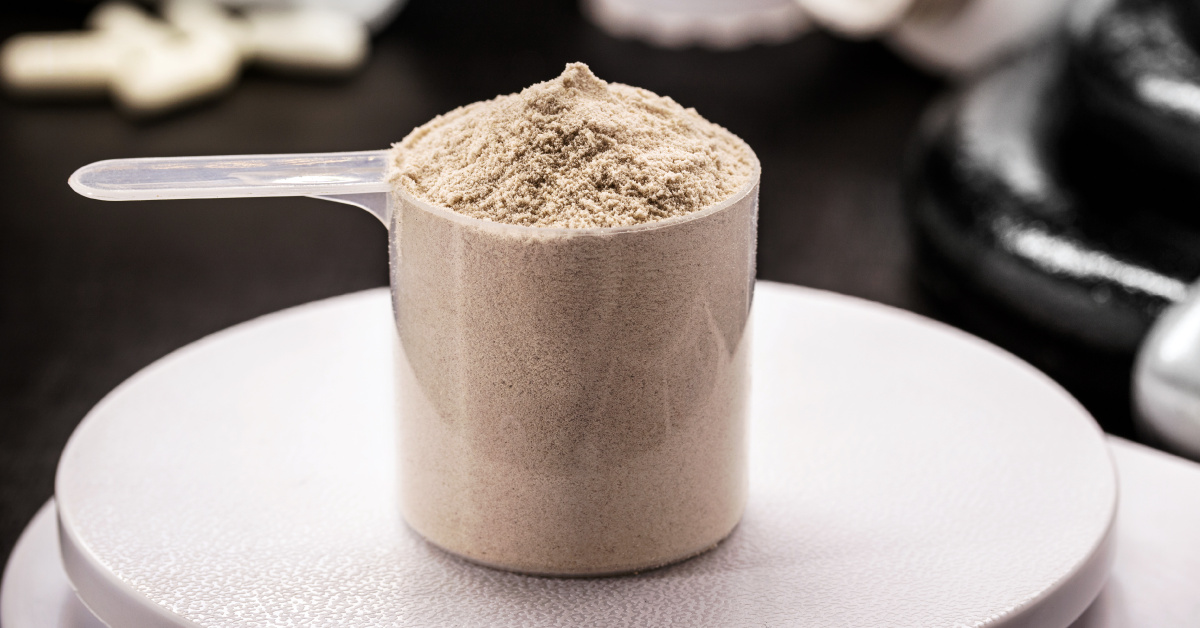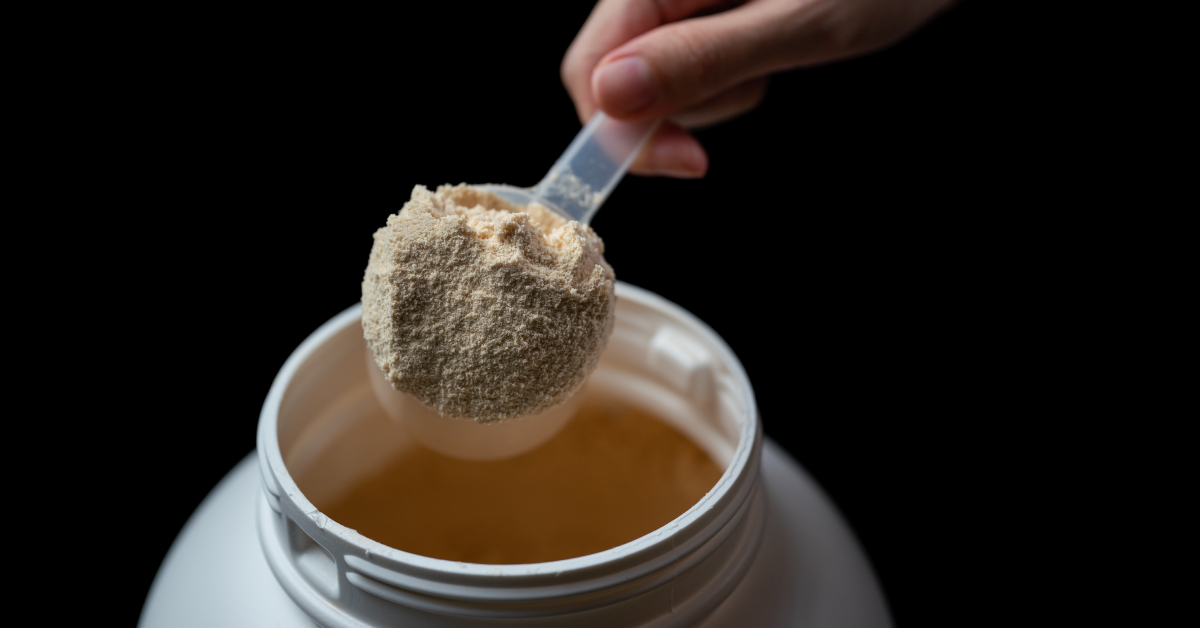In the vast world of nutrition, protein stands out as a vital building block for our bodies. Whether you’re an athlete, a fitness enthusiast, or simply looking to maintain a balanced diet, protein is essential. Among the various forms of protein supplements available, isolate protein has gained significant popularity. But what exactly is isolate protein, and what benefits does it offer? Let’s dive in.
What Is Isolate Protein?
Protein isolate refers to a type of protein supplement that has been processed to remove most of its non-protein components. This results in a product that is typically around 90-95% pure protein, making it one of the most concentrated forms of protein available. The most common types of isolate proteins are whey protein isolate and soy protein isolate, but there are also others, such as pea protein isolate and egg white protein isolate.
How Is Isolate Protein Made?
The process of creating protein isolate involves several steps:

- Extraction: Protein is extracted from its source, such as milk (for whey protein) or soybeans (for soy protein).
- Filtration: The extracted protein is then subjected to microfiltration or ion-exchange processes to separate it from fats, lactose, and other non-protein components.
- Drying: The filtered protein is dried to produce a powder that can be easily mixed into liquids or other foods.
Benefits of Isolate Protein
Isolate protein offers several advantages, especially for those looking to maximize their protein intake while minimizing the intake of other macronutrients.
1. High Protein Content
One of the most significant benefits of isolate protein is its high protein content. With up to 95% protein per serving, isolate proteins provide a concentrated dose of this essential nutrient, which is crucial for muscle repair, growth, and overall body maintenance.
2. Low in Fat and Carbohydrates
Due to the extensive filtration process, isolate proteins have minimal fat and carbohydrate content. This makes them an excellent choice for individuals who are watching their macronutrient intake, such as those following low-carb or low-fat diets.
3. Fast Absorption
Isolate proteins are known for their rapid absorption rates. This makes them particularly beneficial post-workout, as they quickly deliver amino acids to the muscles, aiding in faster recovery and muscle synthesis.
4. Lactose-Free
For those who are lactose intolerant, whey protein isolate is a great option. The filtration process removes almost all lactose, making it a suitable choice for individuals who cannot tolerate other forms of dairy-based protein supplements.
5. Supports Weight Management
Due to their high protein content and low levels of fats and carbs, isolate proteins can be an effective tool for weight management. Protein helps increase satiety, which means you feel full longer, reducing the likelihood of overeating.
6. Versatility
Isolate proteins can be easily incorporated into a variety of diets and lifestyles. They can be added to smoothies, baked goods, or simply mixed with water or milk for a quick protein boost.
Who Should Use Isolate Protein?
Isolate protein can be beneficial for a wide range of individuals:

- Athletes and Bodybuilders: Those who engage in intense physical activity require higher protein intake for muscle recovery and growth. Isolate protein provides a convenient and efficient way to meet these needs.
- People with Dietary Restrictions: Individuals who are lactose intolerant or following specific dietary regimens (such as keto or low-fat diets) can benefit from the low lactose, fat, and carbohydrate content of isolate proteins.
- Weight Loss Seekers: Those looking to manage their weight can use isolate proteins to help control hunger and maintain muscle mass while losing fat.
How to Choose the Right Isolate Protein
When selecting an isolate protein, consider the following factors:
- Source: Choose a protein source that aligns with your dietary preferences and restrictions. For instance, if you’re vegan, opt for plant-based isolates like soy or pea protein.
- Flavor and Additives: Check the ingredient list for added flavors, sweeteners, and other additives. Select a product that fits your taste preferences and dietary needs.
- Brand Reputation: Look for reputable brands known for quality and transparency. Read reviews and consider third-party testing to ensure product purity and potency.
- Price: Compare prices per serving and per gram of protein to find a product that offers good value for your budget.
Conclusion
Isolate protein is a powerful tool in the arsenal of anyone looking to optimize their protein intake. Its high purity, fast absorption, and low levels of fats and carbohydrates make it a versatile and efficient choice. Whether you’re aiming to build muscle, manage your weight, or simply maintain a healthy diet, isolate protein can provide the benefits you need. Always consult with a healthcare professional or a nutritionist to determine the best whey protein supplement for your specific goals and dietary requirements.




